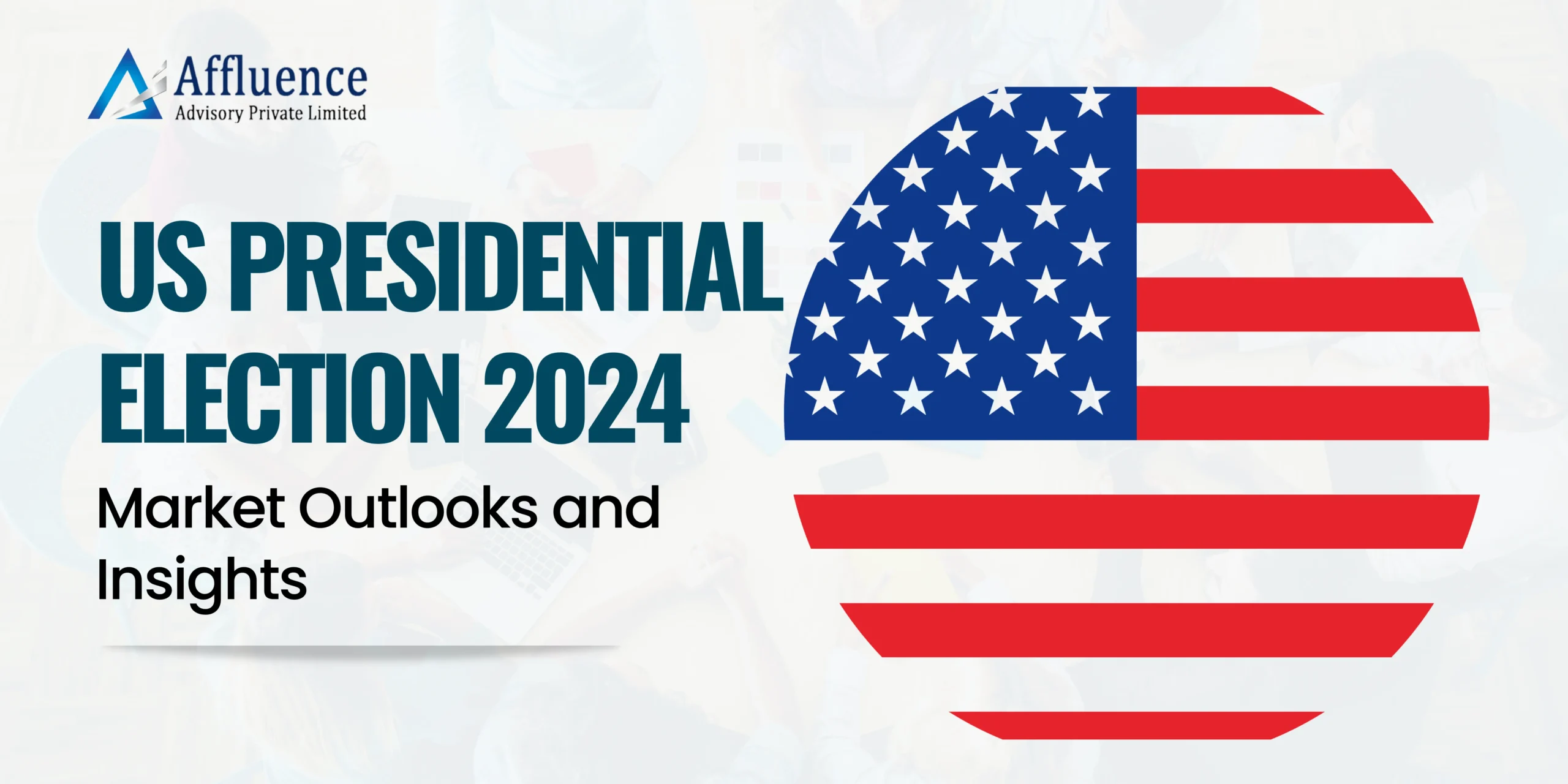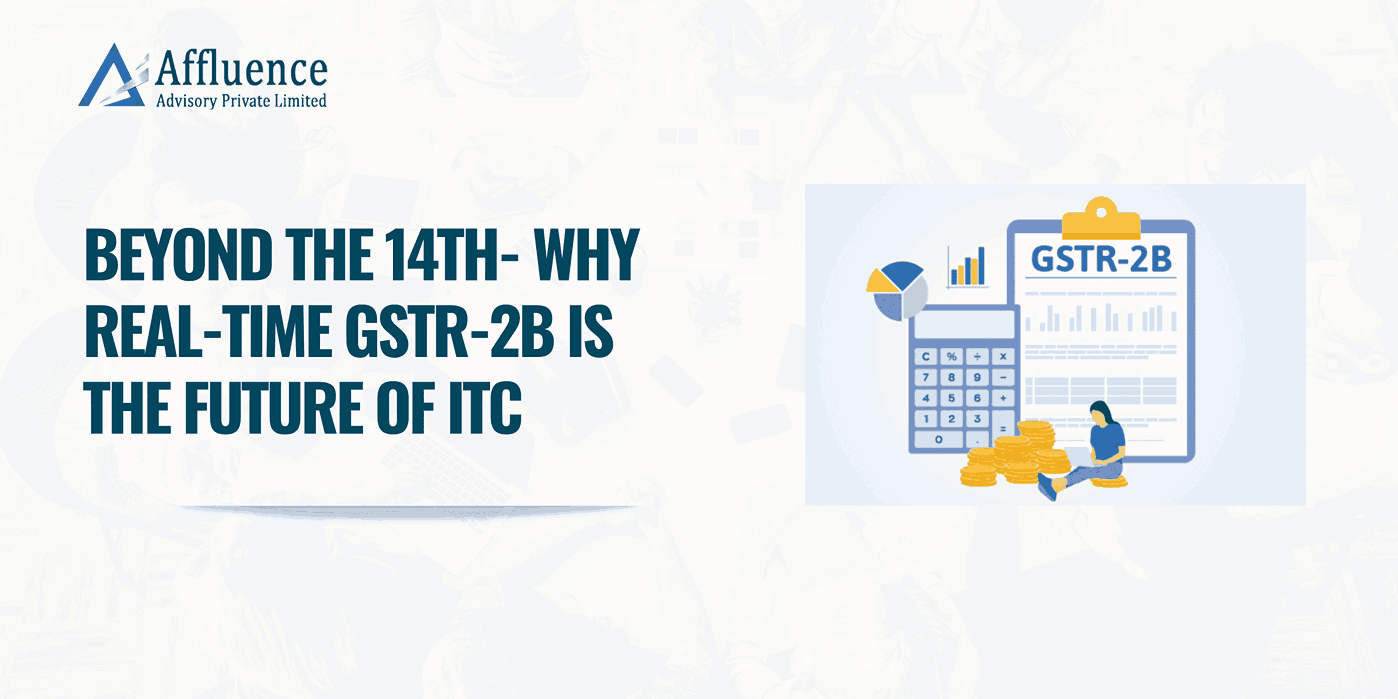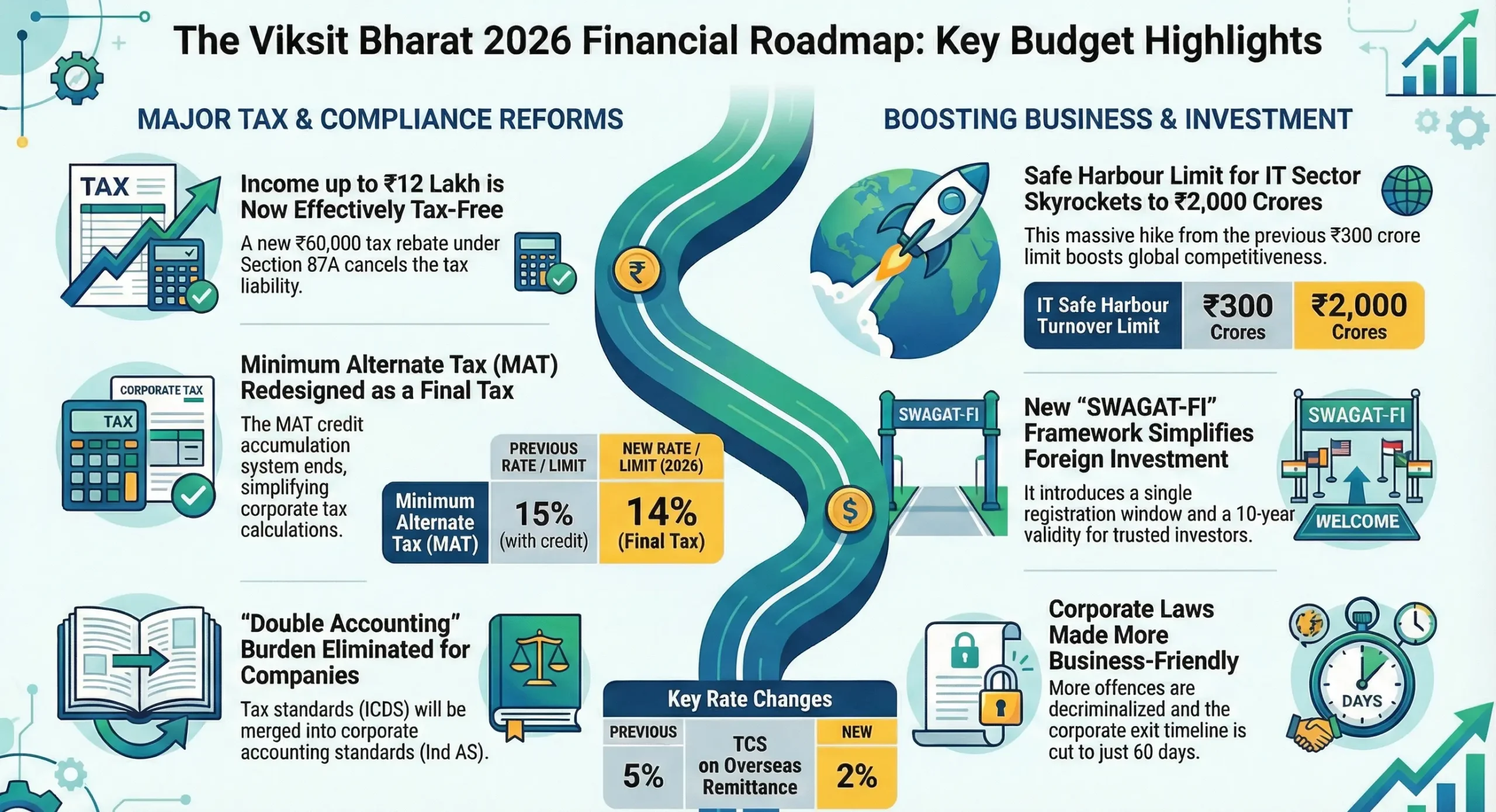As U.S. voters head to the polls on Nov. 5, global investors are preparing for potential market volatility as the results of the presidential election unfold. This election sees Democratic Vice President Kamala Harris facing off against Republican former President Donald Trump. With polls signaling a tight race, there is a possibility that the final outcome won’t be clear for days. Over the weekend, a closely watched poll hinted at a late shift in momentum towards Harris.
If elected, Harris is expected to largely maintain the current administration’s policies, while Trump has outlined major changes, including substantial tariff hikes and tax cuts that could stoke inflation. Many believe these tariffs would only drive inflation higher, thereby slowing growth without fully halting it, creating further volatility for Western sovereign markets. To combat this, a devaluation of the U.S. dollar may be on the horizon, as it could make the U.S. economy more competitive globally and help counterbalance China’s influence. This anticipated devaluation, however, would have downstream effects, especially on the margins of U.S. IT companies that rely heavily on foreign revenue—posing a potential earnings hit.
Market Preparedness and Potential Impact on Currencies
Financial markets across the globe have been experiencing heightened volatility since mid-October as the race has tightened, with India’s central bank gearing up to manage any repercussions for the rupee and local markets. The Reserve Bank of India has been intervening to stabilize the rupee, which recently hit record lows. Sources familiar with the RBI’s plans have indicated it will use foreign exchange reserves as necessary to protect the currency, while closely monitoring policies under the new president that could influence inflation and the path of interest rate cuts.
According to Barclay’s strategists, a Trump victory could have a greater disruptive effect on Asian currencies. As Imposing Tariffs will just attract inflation and slow the growth (not halt) that would affect the Western sovereign markets. So devaluation of currency to fight China and make US competitive is might be the key on the table. A Devaluation to which extent is the debate.
Leading to which a series of Devaluations across SE’ Nation Currency would take place. Surprising times ahead isn’t it!!
The strategy for managing these potential impacts appears clear. Policymakers may continue to reduce short-term rates, ease financial conditions, and foster inflation within an environment where interest rates fall below inflation, with nominal GDP growth remaining above inflation. By keeping consumer taxes at levels that can cover interest payments on GDP, The US could steer nominal GDP to gradually reduce the debt-to-GDP ratio. Every 100-basis point rate cut effectively eases approximately $90 billion in debt.
The Indian rupee, however, is expected to be relatively resilient, with lower susceptibility to election-driven fallout. A Trump presidency could also mean a higher U.S. fiscal deficit and inflation, which would lessen the scope for Indian bond yields to decrease.
In light of these conditions, commodities and Bitcoin may gain appeal as risk-off assets and probable counter to gold which might lose its shine with trump winning elections, remember all that glitters isn’t gold right?
Potential Silver Linings for India
India’s economy, with its strong domestic focus, could attract foreign investors seeking safe havens amidst global risks, quoted by chief economist at Emkay Global. India, along with cash holdings and selected Chinese markets, is among the destinations where investors are currently taking shelter.
A Harris win could offer further positives. The removal of Trump’s tariff threats, combined with recent stimulus measures in China and an anticipated Fed rate cut, would create a “trifecta of positives” for emerging markets, as noted by Nomura analysts.
Bond Market Projections
In the near term, it is likely that central banks may struggle to retain control over bond markets. The Yields across maturities are on rise, 10-year UST yield has already priced in rising inflation, with service inflation up 5% year-over-year alongside robust U.S. retail sales and consumer data. As the election nears, a potential 25-basis point cut and increased money supply would not be surprising given these conditions.
In this evolving economic and political landscape, investors are closely watching both the policies and market signals that could shape the next phase for emerging markets and the global economy alike. Central bankers are nearing the point of losing control over the bond market. However, it’s essential to remember that uncertainties and pessimism tend to drive speculators away, creating a healthier environment for the long-term investor. This presents unique opportunities for those with a longer horizon, which serves as the best hedge in such turbulent times.
To conclude, here are some key insights:
- Bonds are returning to the spotlight.
- Bitcoin is rising to a gold-like status as a risk-off asset.
- Inflation is becoming the new norm, with the global economy using leverage to manage and erode its debt.
- Interest rates are likely to decrease.
- We can expect devaluation across Southeast Asian currencies.
- Tensions will likely escalate, leading to economic fallout on a significant scale, compounding the existing humanitarian suffering (as seen in places like Lebanon).
Looking ahead, these trends suggest a transformative shift in the global financial landscape.
Author: Ankit Baid, Research Analyst
Disclaimer: This article provides general information existing at the time of preparation and we take no responsibility to update it with the subsequent changes in the law. The article is intended as a news update and Affluence Advisory neither assumes nor accepts any responsibility for any loss arising to any person acting or refraining from acting as a result of any material contained in this article. It is recommended that professional advice be taken based on specific facts and circumstances. This article does not substitute the need to refer to the original pronouncement
CLICK HERE DOWNLOAD PDF








